Google's latest Play Store enhancement marks a real shift in how we discover and experience extended reality applications. The search giant has introduced a specialized XR section that reshapes the app discovery process for headset users, according to Android Authority. This update includes dedicated XR headset compatibility indicators within individual app listings, as reported by Android Central. The timing lands right alongside Samsung's Galaxy XR launch and the broader Android XR ecosystem rollout, according to Android Police. Coincidence? Hardly.
The broader ecosystem implications
This Play Store shift signals a serious push to build a sustainable XR ecosystem that goes beyond Samsung's first hardware. The groundwork hints at more Android-capable headsets from multiple partners, positioning Android XR as a contender that could challenge Meta's dominance if execution stays tight.
Samsung's Galaxy XR looks like the opening move, slotted between Meta's Quest pricing and Apple's Vision Pro features, according to Road to VR. The headset blends Quest-style gaming with Vision Pro-level spatial computing, which could nudge XR past the current Quest-versus-Vision Pro stalemate. That is how a niche gaming device becomes a broader computing platform.
Google's partnership strategy stretches beyond Samsung to brands like Warby Parker and Gentle Monster for smart glasses development, according to Android Gadget Hacks (Gadget Hacks). The implication is clear, Android XR is headed for both traditional headsets and lighter smart glasses, a direct answer to Meta's Ray-Ban play, with Google leaning on its strengths.
The platform's AI layer through Gemini brings in live translation and contextual responses, positioning Android XR as an AI-first extended reality platform, according to Android GadgetHacks. It fits Google's AI-everywhere strategy and gives spatial computing a built-in assistant that feels native instead of bolted on.
What this means for the XR landscape moving forward
Google's strategy flips an old script. Ship the software spine first, then roll the hardware in behind it. Instead of launching a headset and hoping developers show up later, Google and Samsung are lining up the app ecosystem before day one, a move that avoids the classic XR trap of dazzling demos with nothing to do six months in.
Early app listings popped up before Samsung's announcement, a quiet tell that both companies know what drives adoption. Content wins, not spec sheets. Lay the software runway now, and you invite more than enthusiasts when the gates open.
The Play Store's XR integration changes how users discover and judge extended reality experiences, uniting traditional Android development with immersive computing in one familiar place. No juggling multiple stores, no mystery compatibility hunt, just the Play Store most Android users already understand and trust.
For developers and users, this feels like XR growing up. The pieces are in place for a real platform, one app discovery at a time. If the momentum holds, the jump from specialized device to everyday computing could come faster than expected.










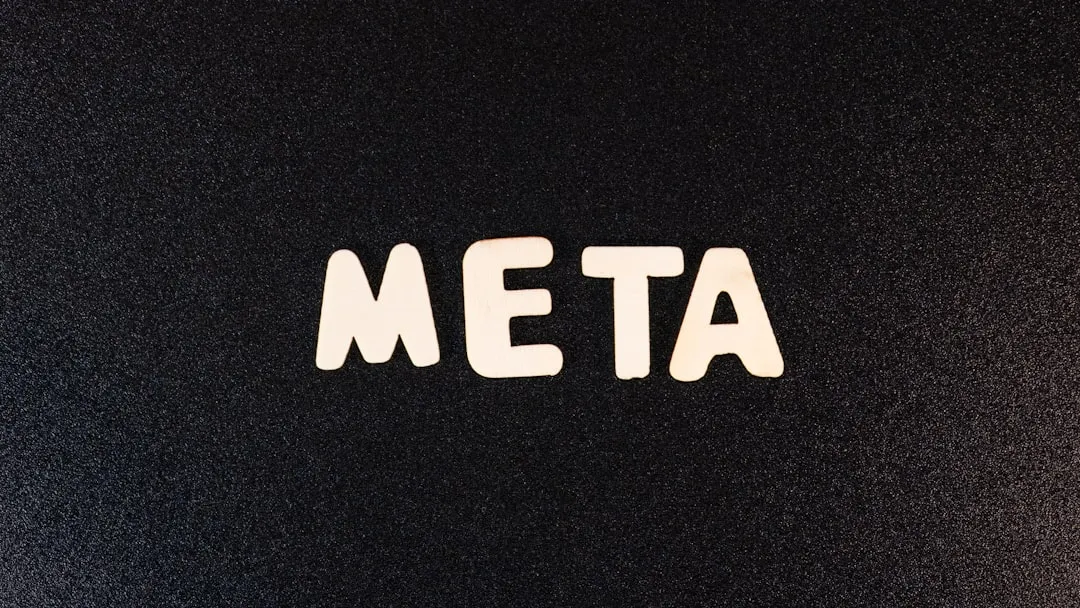

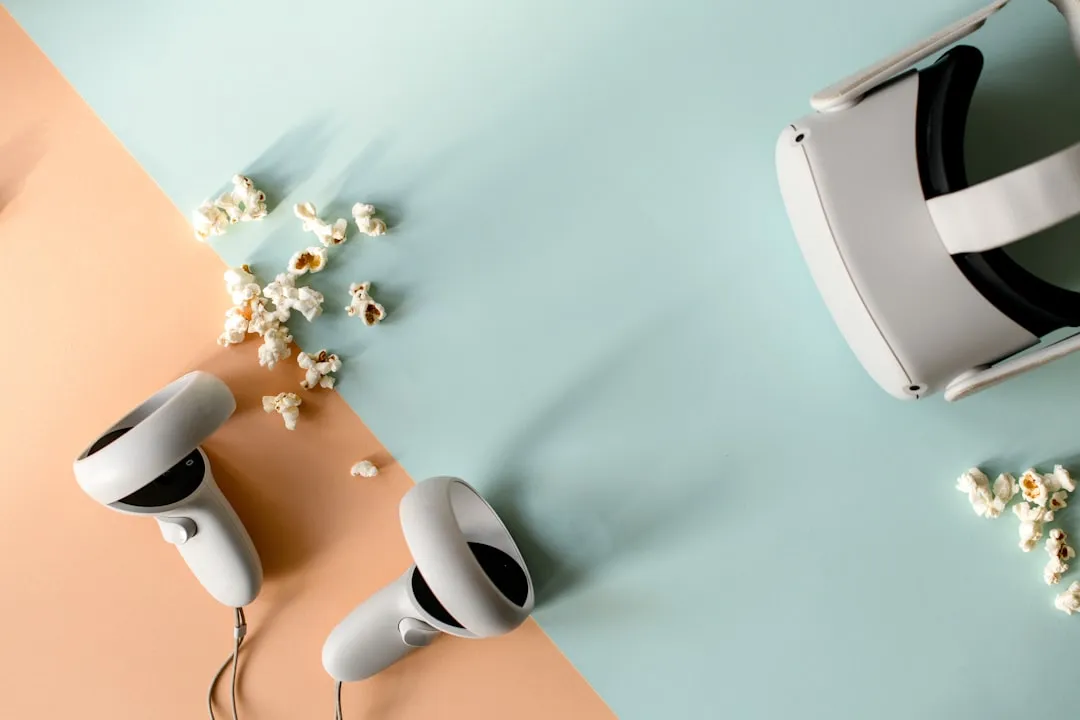

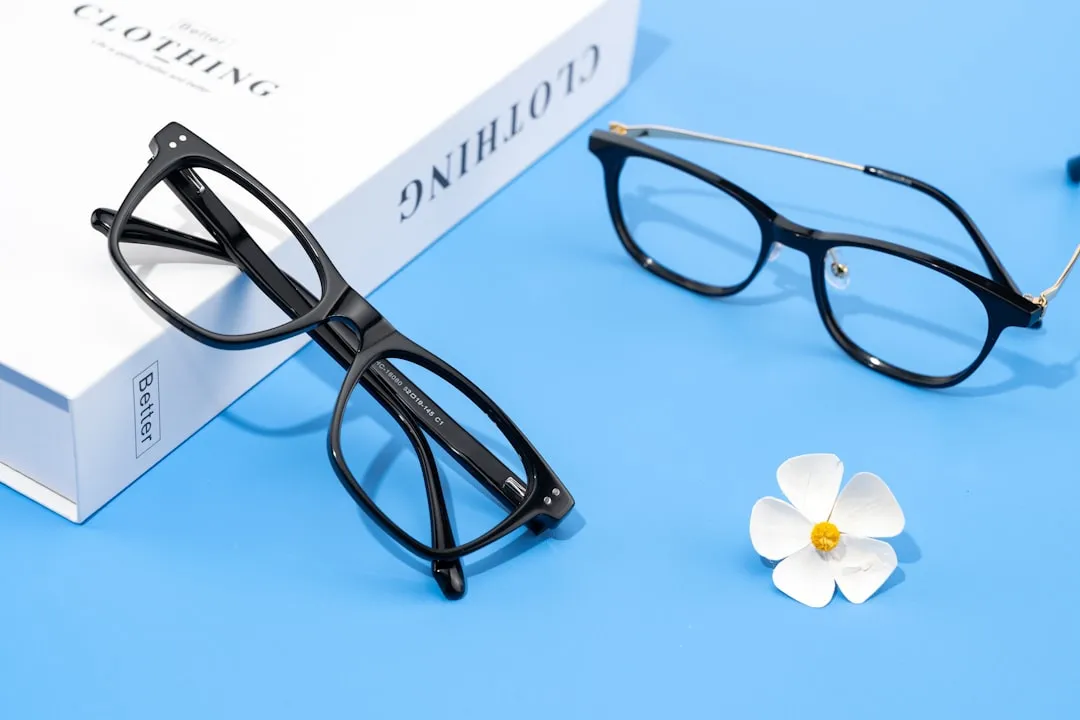
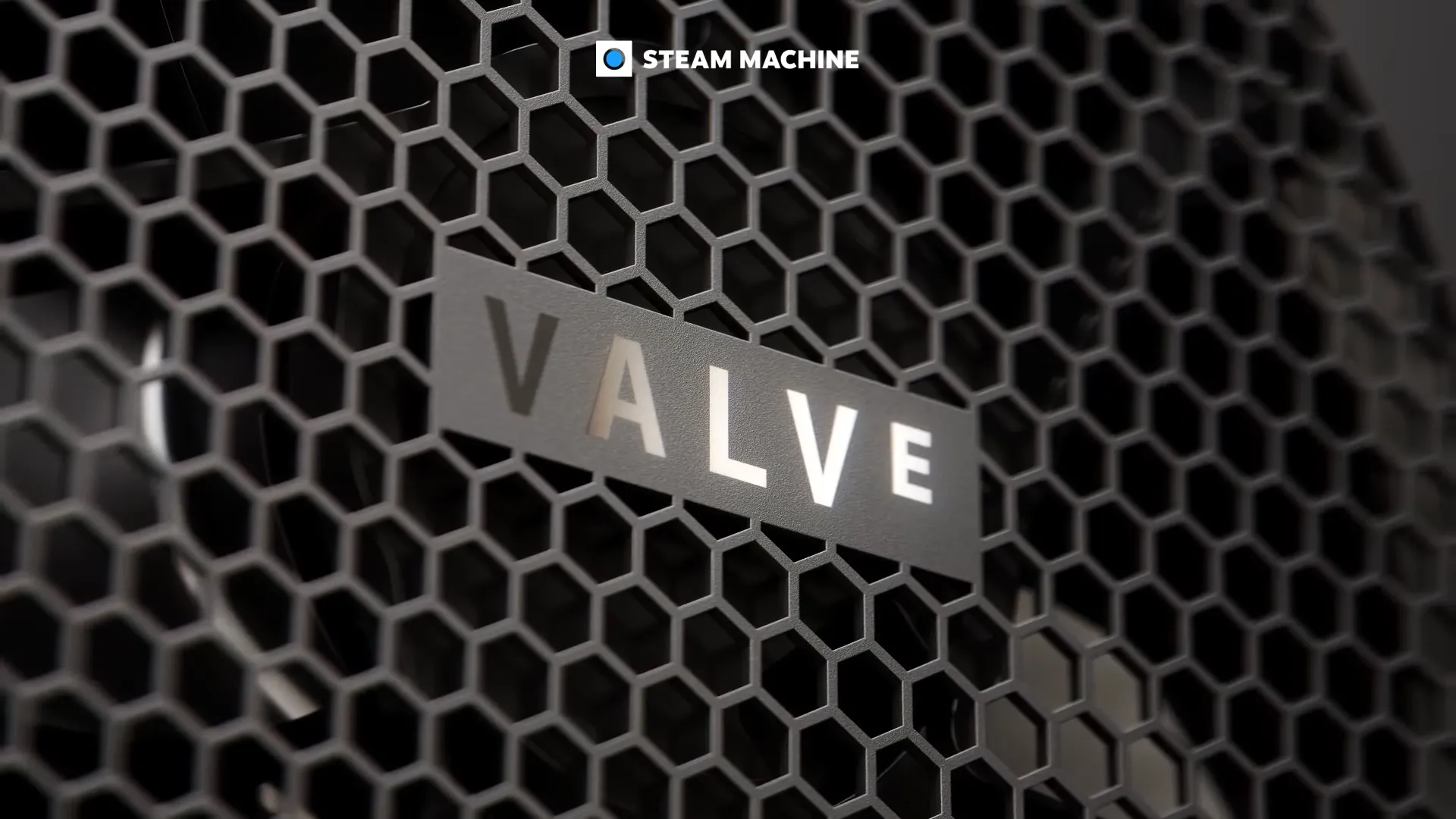
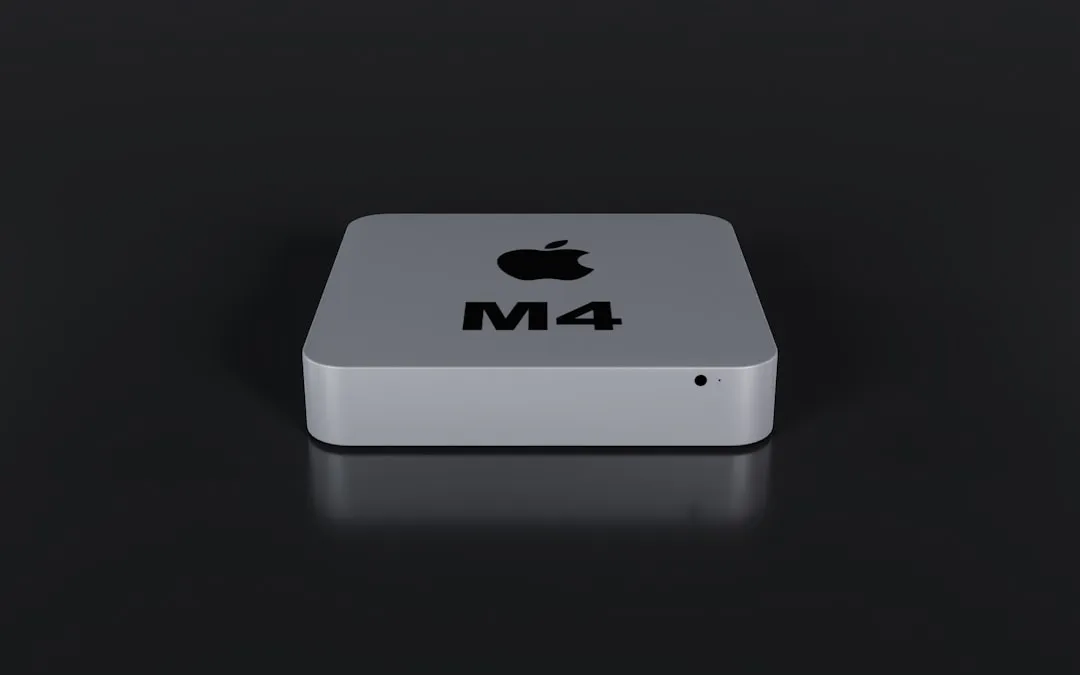
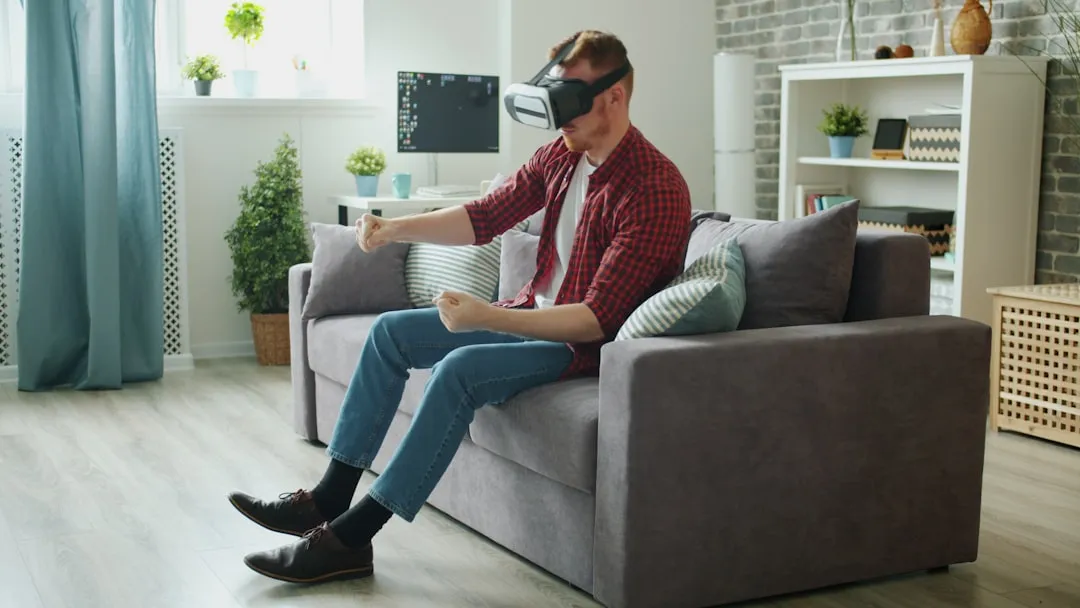
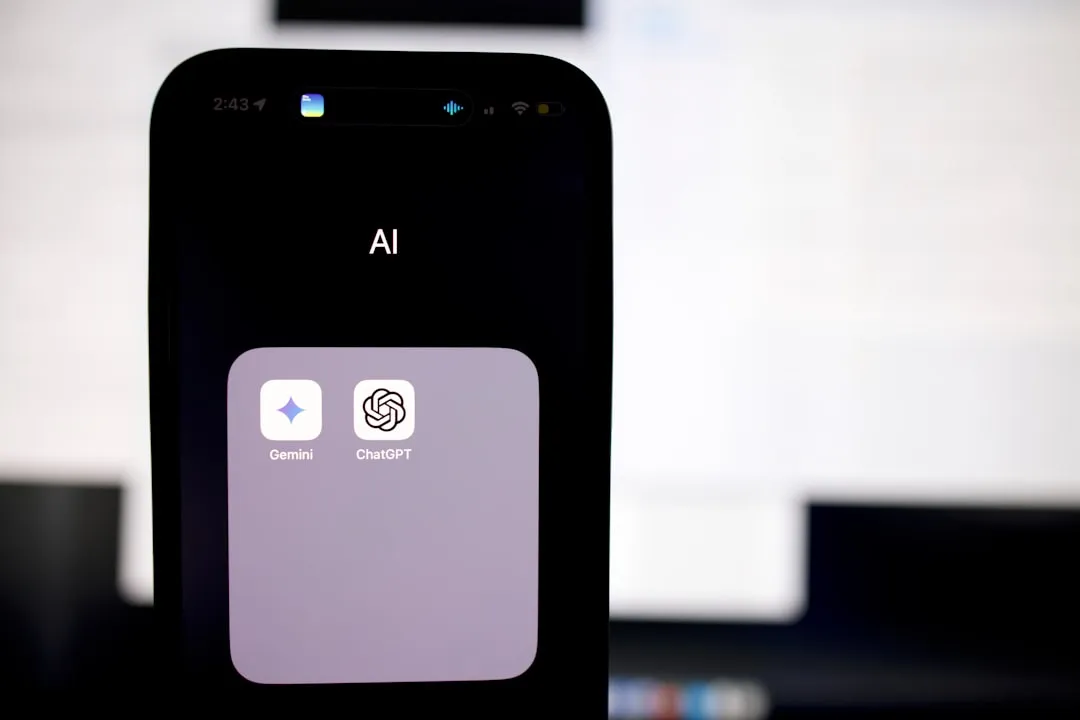
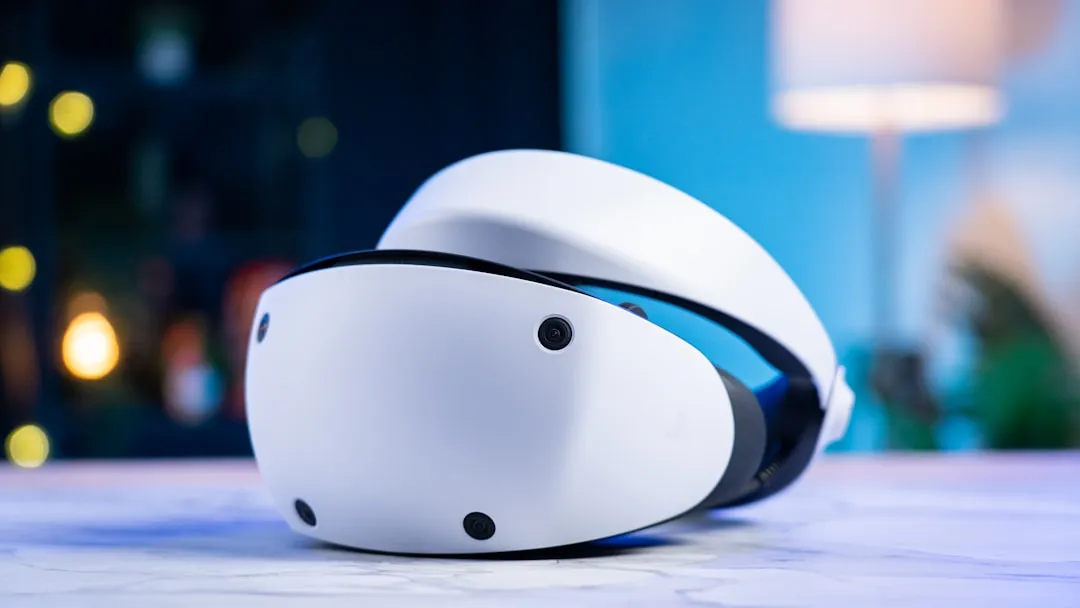



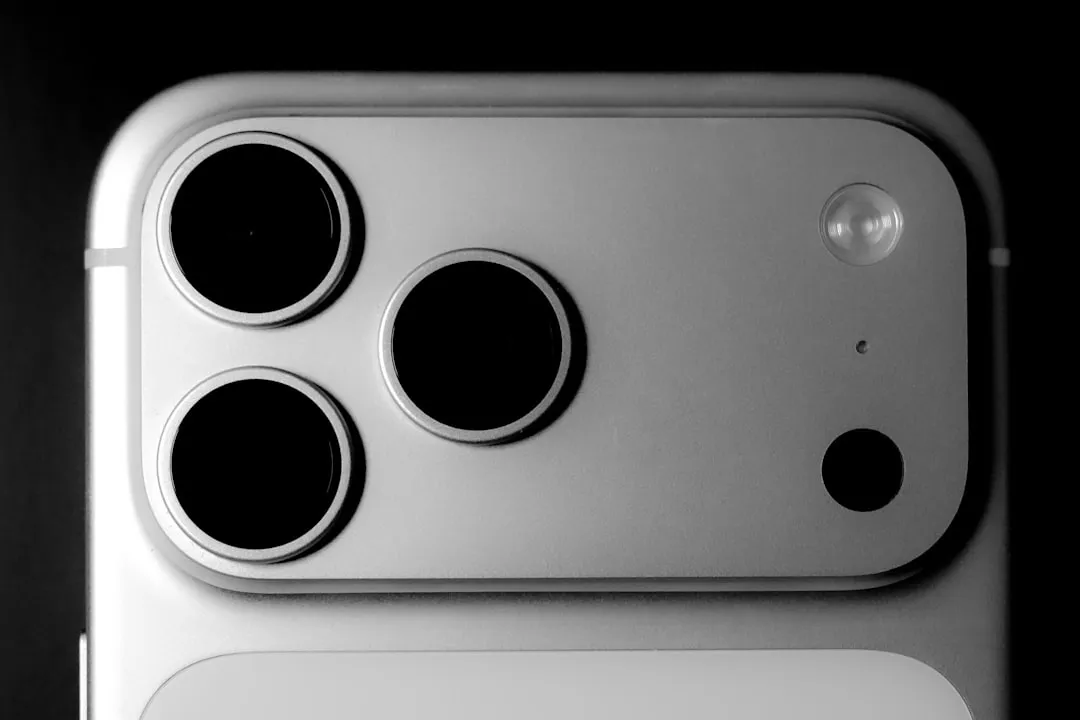

Comments
Be the first, drop a comment!